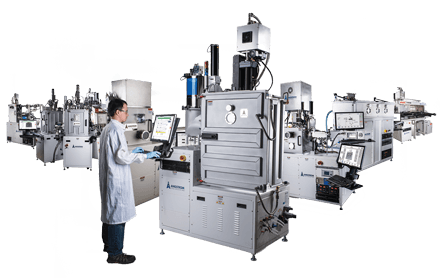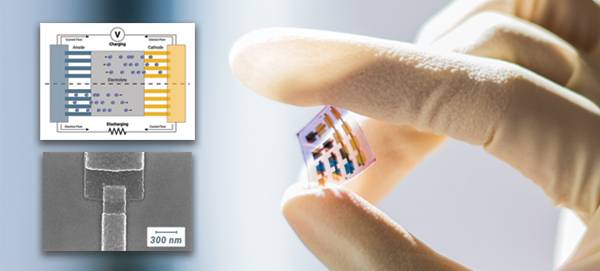July 6, 2016
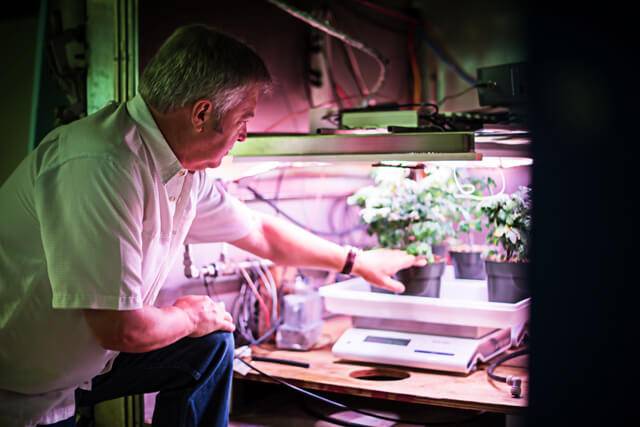
Angstrom Engineering has enjoyed a long partnership with one of the world’s most unique biologists. Mike Dixon is Professor/Director of the Controlled Environment Systems Research Facility at the University of Guelph, and he is at the very forefront of space botany. Mike Dixon and Angstrom Engineering teamed up about 15 years ago to create the research infrastructure so that he could answer a fundamental question regarding the nature of humans in space: can we bring our plants with us? He now has the answer.
“The chambers that we designed in collaboration with Angstrom required that we come up with a unique solution to our research needs.”
Angstrom’s engineers contributed to the brainstorming around the production requirements and then we ended up working very closely with Angstrom throughout the process. These chambers would be plant growth chambers of a unique variety. We can control everything: light, C02, temperature, humidity, nutrients, moisture, and pressure. We control 7 major environment variables, and we’ve become very sophisticated in the very precise management of each of those variables throughout a wide range of environment control and plant environment experiments.”
One of the most important questions these experiments were created to answer is how plant life can aid in humanity’s desire to explore beyond our own planet. “How do we take humans to space and have them survive? Plants are the answer.” Mike explains. “We’re not leaving the planet without them. It’s not possible. The question we asked with the systems Angstrom built for us is this: how low can you take the atmospheric pressure and still have the plants providing the functions of human life support (food, oxygen, C02 scrubbing, and fresh water recycling)? If the answer had been: you need full earth atmosphere or plants just won’t perform. If that had been the
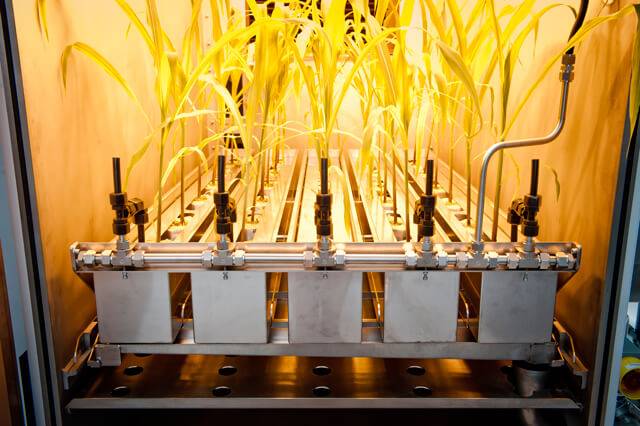
answer, we’d be done today. Humans would not go very far from earth, or stay in space very long. Food is the issue.”
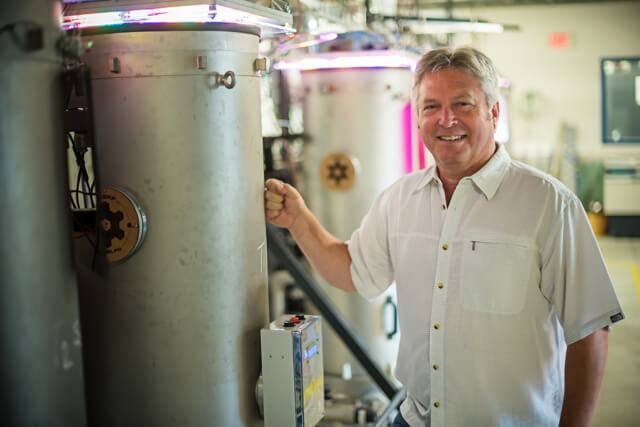
He goes on: “Luckily, plants complied with our technical requirement and can handle a 10th of earth’s atmospheric pressure with impunity, and perform all of their functions perfectly, as if they were growing in your backyard. They’ll adapt to all kinds of strange conditions.”
This, of course, is very good news for those who dream and work towards the eventual goal of humans colonizing space. This one question had quite a lot riding on it, and to space enthusiasts, the answer was welcome. We at Angstrom are proud to play a part in answering big questions like this, and are proud to work with innovators like Mike Dixon.
To learn more about Mike’s work, click here.


